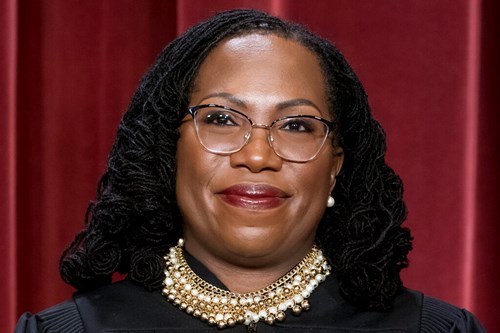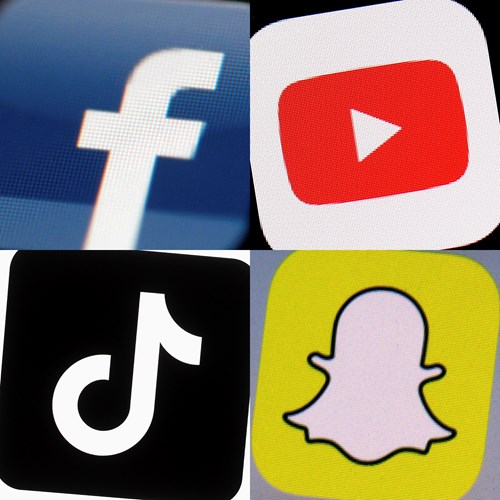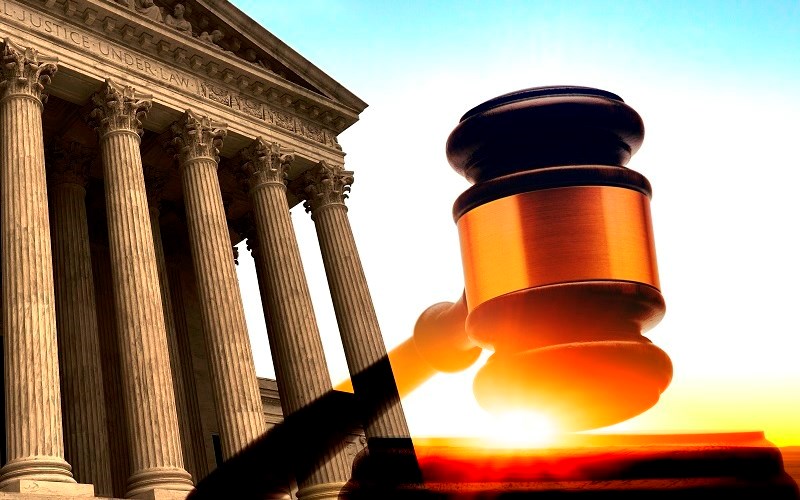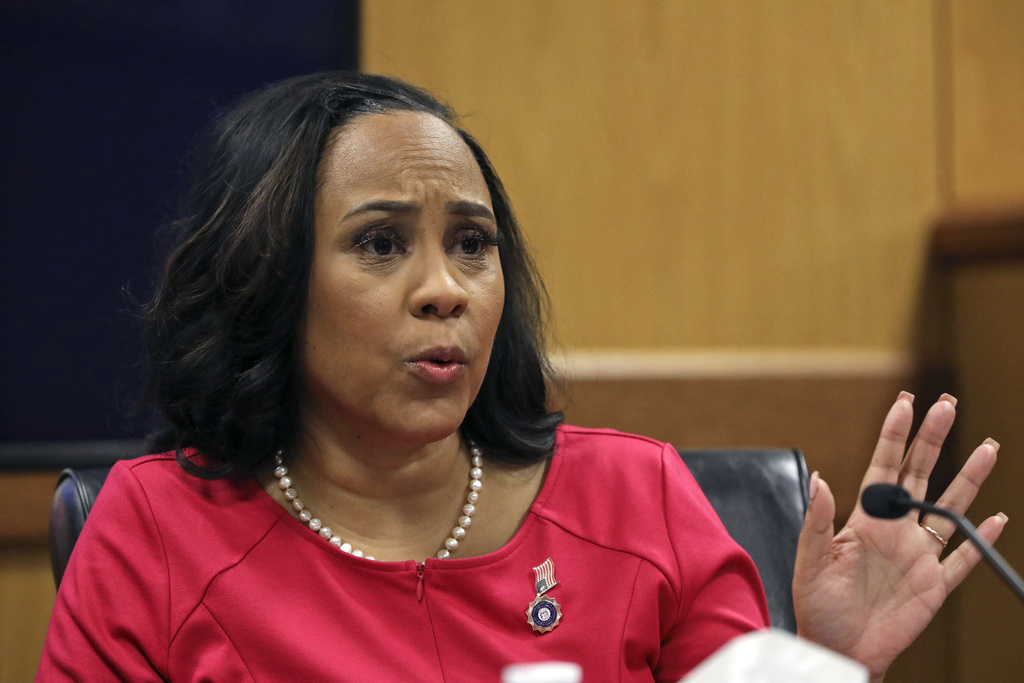Two conservative attorneys are confident the Supreme Court will ultimately rule in favor of free speech in Murthy v. Biden, but Monday's oral arguments place that ruling in doubt. The case made its way through the lower courts as Missouri v. Biden before being refiled.
The states of Missouri and Louisiana filed a complaint against President Joe Biden, several federal agencies, and government officials claiming that the government pressured social media companies to censor conservative viewpoints and criticism of the Biden administration in violation of the First Amendment right of free expression.
Several justices on Monday appeared ready to grant broad leeway to the government to interact with Big Tech social media platforms in matters of free speech. Still, Missouri Attorney General Andrew Bailey said on Washington Watch Monday that he believes the case is on the right path.

"I think that the Supreme Court has recognized the enormous magnitude of the First Amendment violations committed by the Biden administration and also understands that there's got to be a remedy for those violations," he told show host Tony Perkins.
Questioning at times seemed to indicate that some of the Court's conservative justices – Amy Coney Barrett being one – were leaning to the government's side of things. Barrett, a Trump appointee, at one point told Louisiana Solicitor General J. Benjamin Aguinaga, arguing for Louisiana, Missouri and other plaintiffs, that one his proposed standards for determining when the government had crossed the line from caring for U.S. citizens to suppression of free speech "would sweep in an awful lot."
Barrett used Aguinaga himself as an example, asking him if the government would be within its rights to ask social media platforms to remove a post listing phone numbers for him and other Louisiana officials and urging citizens to rally against them.
Aguinaga told her the FBI could be encouraging the platform to suppress constitutionally protected speech.
Jackson stance undermines First Amendment
Justice Ketanji Brown Jackson raised eyebrows with her concern that the First Amendment could be a hindrance for government.
 "Your view has the First Amendment hamstringing the federal government in significant ways in the most important time periods," Jackson (right) told Aguinaga. "The government actually has a duty to take steps to protect the citizens of this country … by encouraging or even pressuring platforms to take down harmful information."
"Your view has the First Amendment hamstringing the federal government in significant ways in the most important time periods," Jackson (right) told Aguinaga. "The government actually has a duty to take steps to protect the citizens of this country … by encouraging or even pressuring platforms to take down harmful information."
The discussion often centered on the government's right to censor during times of public crisis or emergence – rather than focusing on potential overreach or the harm done by the censorship.
Attorney Ron Coleman said on American Family Radio Tuesday morning that Aguinaga missed an opportunity to score big points.
"I wish at one point the lawyer for the respondents had said, 'The government's frequently wrong.' That would have just covered so many things," he told show host Jenna Ellis.
"There was also this repeating thing, 'Well, listen, the government needs to be able to tell social media platforms when there's foreign influence.' Really? Like the entire Trump-Russia collusion thing that didn't exist? It's really problematic. We saw this during the COVID cases."
 Bailey conceded, "there was definitely a lot of questioning about whether or not the communication between the federal officials and Big Tech social media rose to the level of coercion and whether that coercion actually resulted in censorship activity."
Bailey conceded, "there was definitely a lot of questioning about whether or not the communication between the federal officials and Big Tech social media rose to the level of coercion and whether that coercion actually resulted in censorship activity."
But, the Missouri AG predicted, the evidence will show the damage done and will ultimately refocus the discussion among the justices. The evidence "demonstrates" censorship, he said.
"That evidence was put on in court when we moved for a preliminary injunction at the district court level back in May," Bailey explained. "Those factual findings are now locked in as part of the district court's preliminary injunction order issued on the 4th of July, so I believe at the end of the day the Supreme Court's going to be deferential to the factual findings that occurred at the lower court level."
The evidence shows not only censorship but also coercion that led to censorship, Bailey argued.
"You can see in the emails where federal officials are demanding removal of certain posts, certain content, and then demanding that the Big Tech [platform] change its censorship algorithms," he continued. "At the end you can see kind of the 'ripple in the pond' effect and see, at least when it comes to Facebook, internal emails between Facebook and their employees establish that Facebook changed its algorithms because of pressure from the federal government. That proves coercion."

In a similar vein, Coleman believes the High Court will rule against the government – but admits concern in the line of questioning. Queries from the justices indicate a willingness to allow government to act as the protector of truth, he said.
"I'm pretty confident this is going to go the right way," he offered. "I do think it's a mistake to handicap the outcome too much based on the oral argument. But there were some really troubling premises that seemed to be widely accepted across the court … including this idea that the government should be making sure we know the truth and that government is the repository of truth, and the only question is how bad does it have to be before we let the government save us from our own incompetence," Coleman said.
Thomas scores one for conservatives
Some legal scholars would argue the U.S. Constitution only grants government limited powers to act. So, Justice Clarence Thomas – in one of the highlights of the day for conservatives – challenged Brian Fletcher, arguing for the government, to find where in the Constitution is it found that the government has rights.
In response, Fletcher conceded the Constitution does not grant rights to the government. Most of the oral arguments, however, seemed to forget that.
"I wish I could say no one cares about the government, but the fact is the Left has made trust in and reliance upon the government an ideological fundament in their worldview. That really came across universally among the justices," Coleman said.







